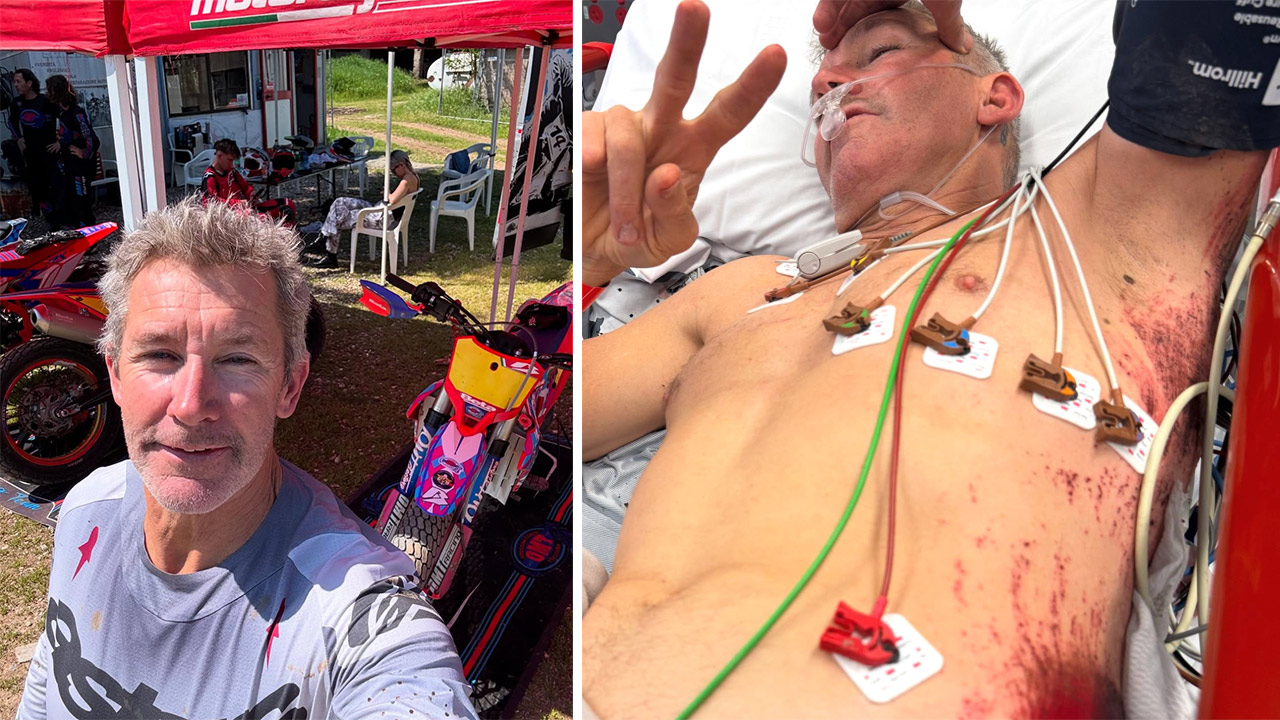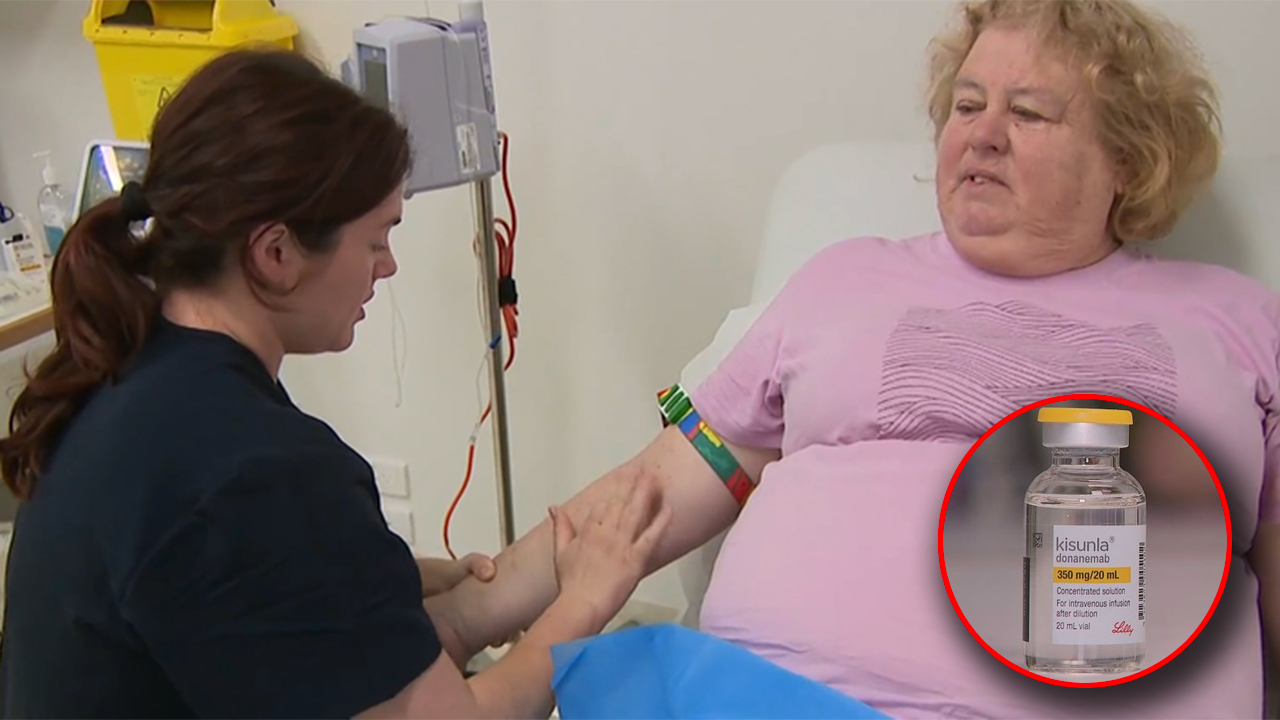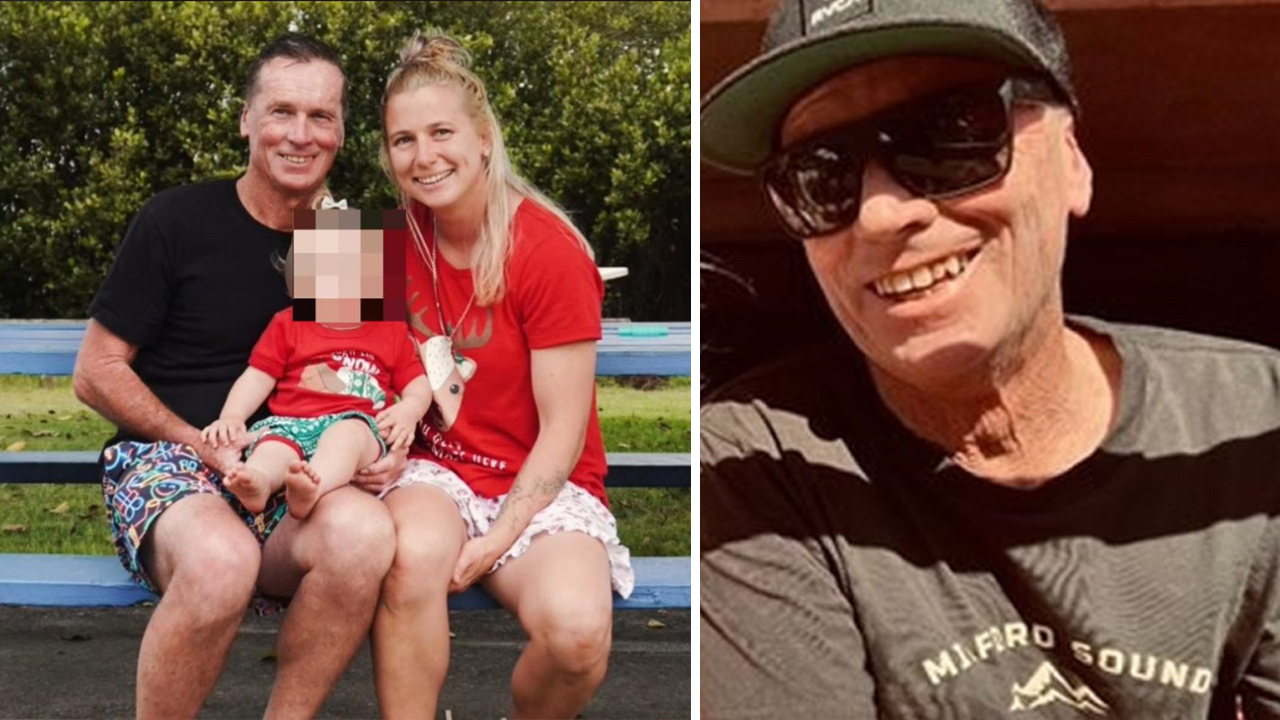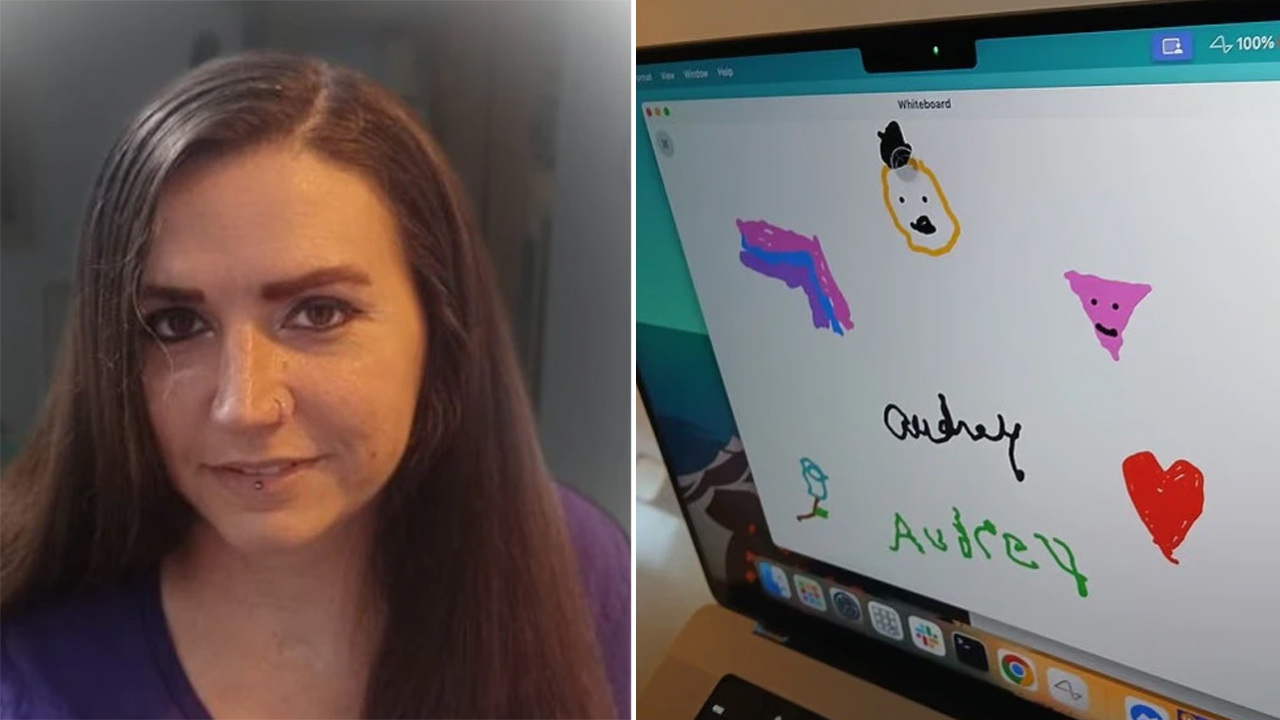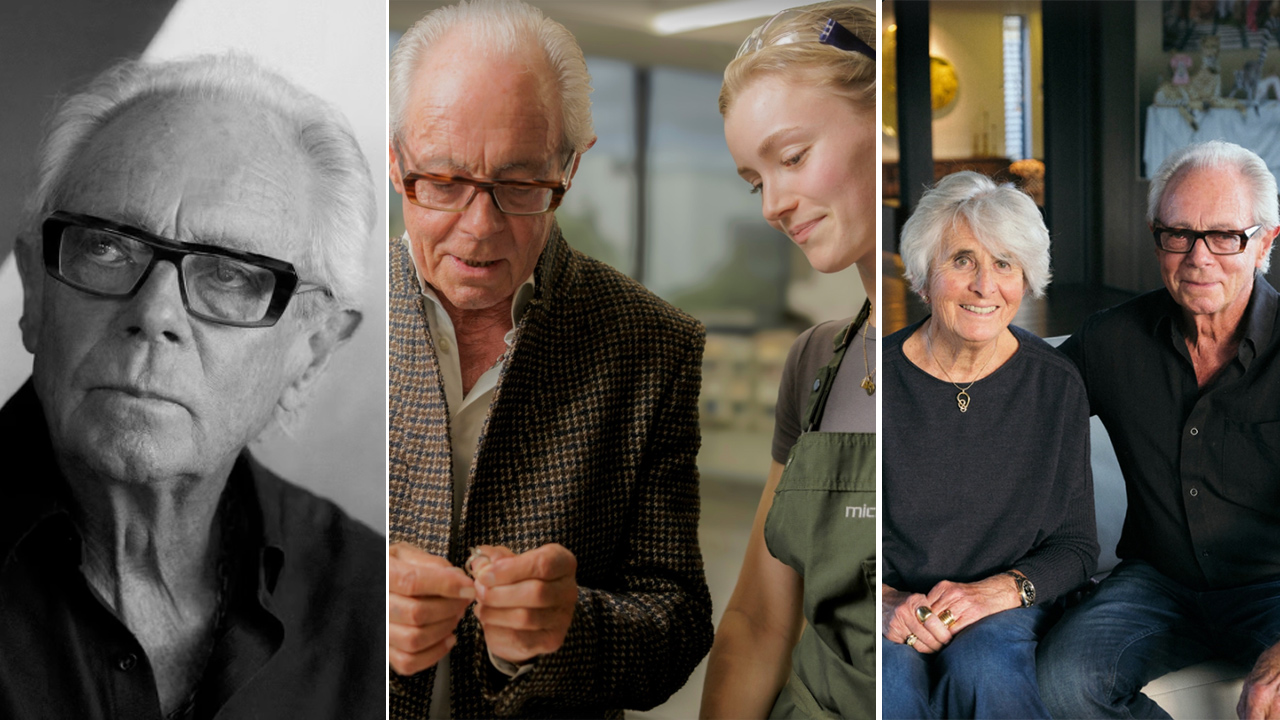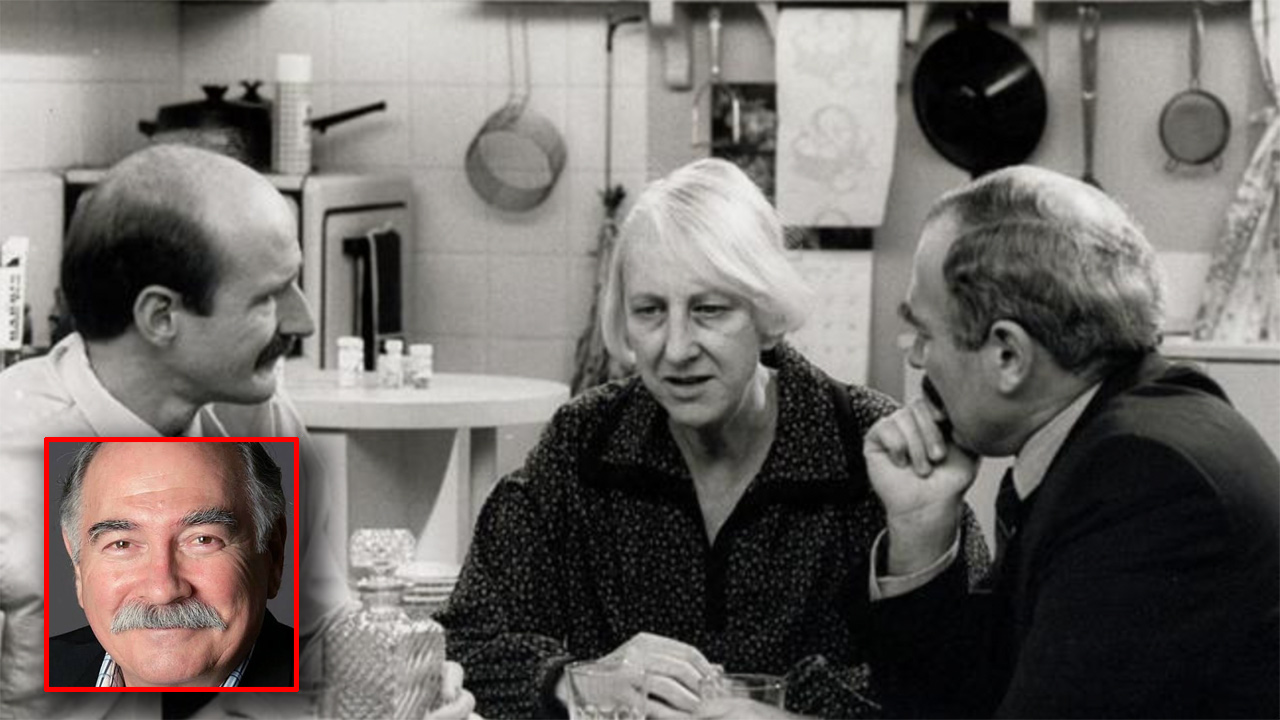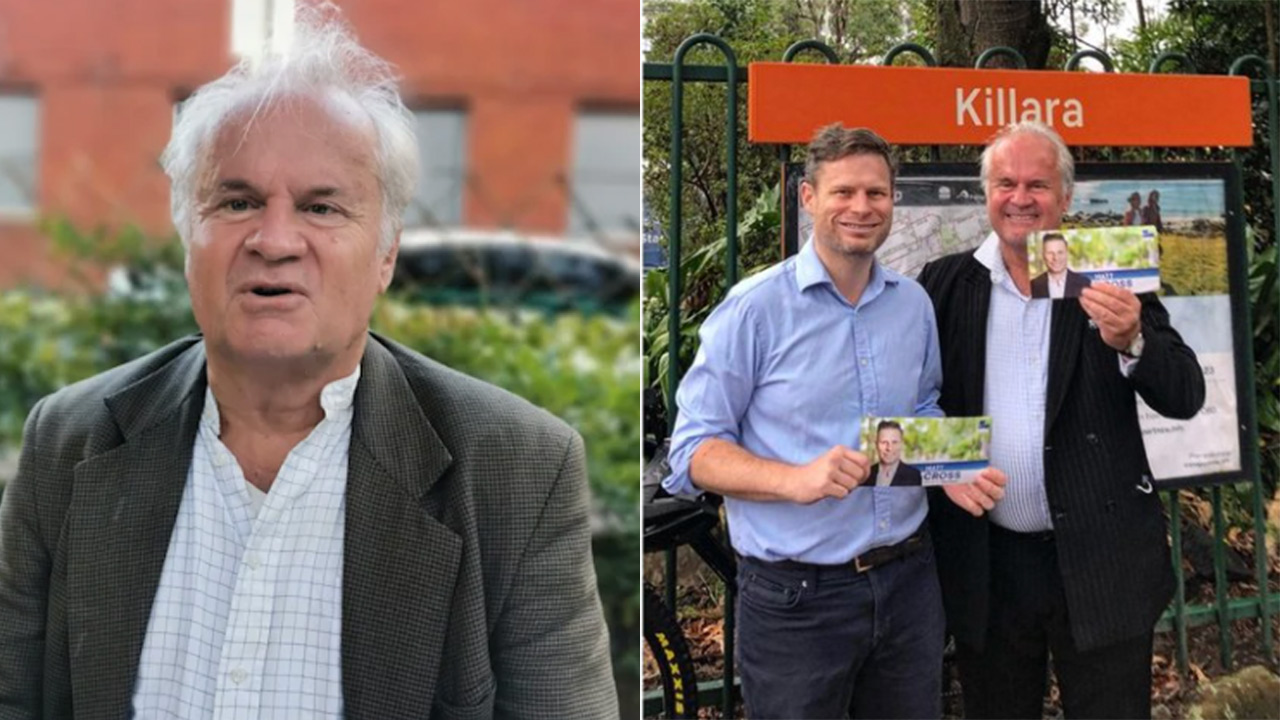The mother of a disabled boy has revealed the shocking words that doctors wrote on her son’s death certificate.
Speaking to the Royal Commission into Violence, Abuse, Neglect and Exploitation of People with Disability in Sydney, Rachel Browne revealed that Down syndrome was listed as a cause of death on son Finlay’s death certificate.
The 16-year-old from Bathurst in New South Wales died after an excruciating 71-day battle in hospital in 2016. He went through 12 abdominal surgeries and 65 days spent in the paediatric intensive care unit.
Finlay lived with autism and Down syndrome and experienced a rapid decline in his health in September 2016, as he dealt with terrible pain, vomiting and had blood in his faeces and was quickly taken to Bathurst Hospital.
The last time Finlay left his house, his mother and father were by his side.
“He put an arm around each of us and he looked up and said, I love you mum, I love you dad,” Ms Browne said at the hearing.
Finlay collapsed on arrival at the hospital, with a CT scan revealing he had significant abdominal obstruction which would require surgical intervention.
He was then flown to the Children’s Hospital at Westmead the following morning, where he underwent further surgery.
After his 12 operations, the majority of Finlay’s small bowel was removed, and the family was told he would never eat or drink again.
As a result, his liver and kidneys began shutting down.
“He kept saying, Mum, I want to go home … I wanted to get him home but it became evident that if he did recover he would have no quality of life,” said Ms Browne.
After one last surgery, the decision was made to stop the treatment, and he passed away in December 2016 surrounded by family.
On Finlay’s death certificate, which was shown to the commission, “trisomy 21,” or Down syndrome, is listed among the causes of death.
“(This) indicates that one of the causes of Finlay’s death is in fact his Down syndrome,” said Ms Browne.
Ms Browne wants to see a change in policy to make sure that it is not a common occurrence to identify a person with intellectual disability, and their disability, on a death certificate if it was not part of the cause of the person’s death.
Six months after his death, Ms Browne spoke to Bathurst Hospital staff.
“I wanted clinicians to know what the ramifications of their inaction were to not only Fin, but to his family, to his friends,” she said.
“That this young man had a life, a life well lived – he was just not a person with a disability, he was a human being.”

